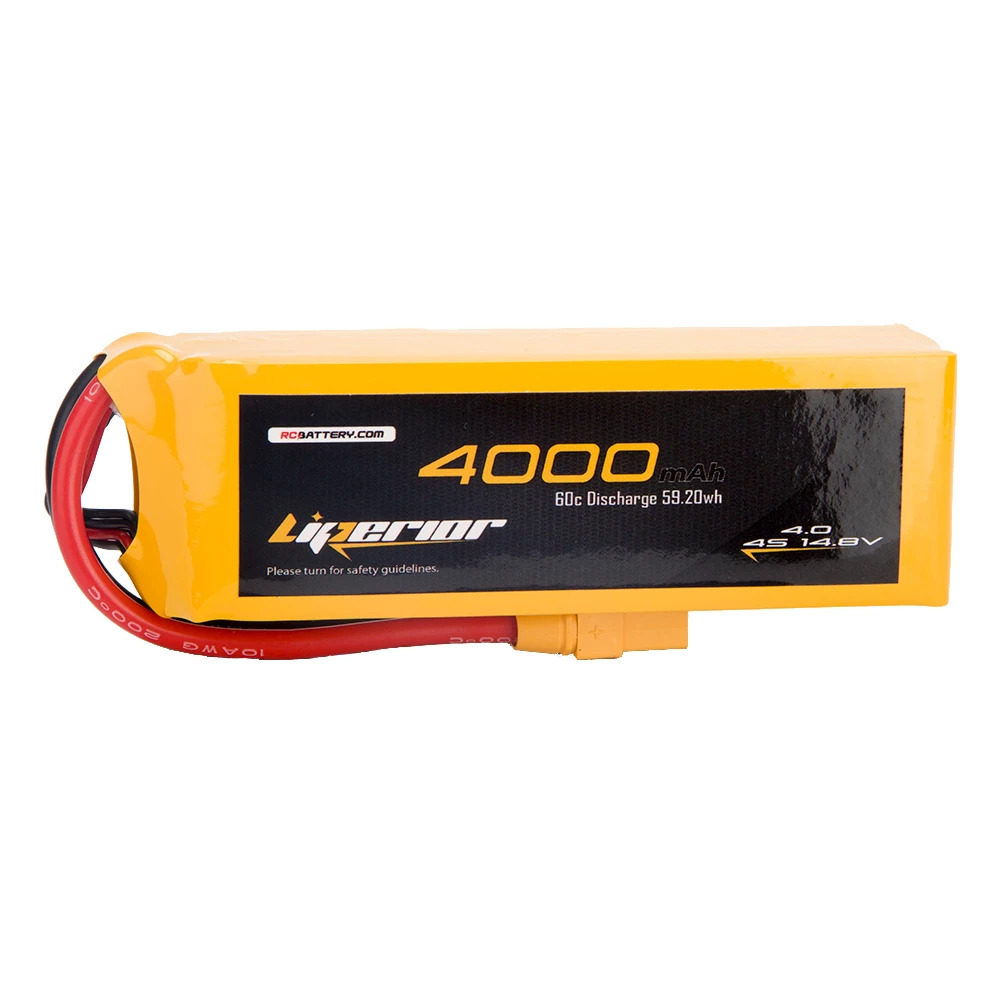Introduction:
As drones become increasingly prevalent in various industries, advancements in battery technology are crucial to meet the growing demand for longer flight times, improved performance, and enhanced safety. This article delves into the latest developments in battery technology within the drone industry, highlighting their impact and potential for revolutionizing drone operations.
I. Importance of Battery Technology Advancements
A. Extending Flight Time and Range
Enhancing battery for a drone technology allows drones to achieve longer flight times and greater range, enabling operators to cover larger areas and undertake more complex missions. This advancement is particularly significant for applications such as aerial photography, surveillance, and delivery services.
B. Improving Performance and Payload Capacity
Battery advancements contribute to increased power output, allowing drones to carry heavier payloads while maintaining stable flight dynamics. This opens up new possibilities for applications such as industrial inspections, agriculture, and search and rescue operations.
II. Lithium-based Batteries
A. Lithium Polymer (LiPo) Batteries
LiPo batteries have become the standard choice for many drone operators due to their high energy density, lightweight design, and ability to deliver consistent power output. Ongoing advancements in LiPo technology focus on improving safety features, reducing weight, and increasing energy capacity.
B. Lithium-Ion (Li-Ion) Batteries
Li-Ion batteries offer a higher energy density compared to LiPo batteries, providing even longer flight times and improved efficiency. However, their adoption in the drone industry has been limited due to safety concerns. Ongoing research focuses on enhancing the safety and reliability of Li-Ion batteries for drone applications.
III. Solid-State Batteries
A. Overview and Benefits
Solid-state batteries are a promising technology for drones, offering higher energy density, improved safety, and longer lifespan compared to traditional lithium-based batteries. These batteries utilize solid electrolytes instead of liquid electrolytes, eliminating the risk of leakage and reducing the potential for thermal runaway incidents.
B. Challenges and Future Prospects
While solid-state batteries show great potential, they currently face challenges related to manufacturing scalability and cost-effectiveness. Continued research and development aim to overcome these hurdles and unlock the full potential of solid-state batteries for the drone industry.
IV. Hydrogen Fuel Cells
A. Hydrogen Fuel Cell Technology
Hydrogen fuel cells offer an alternative to traditional battery technology, utilizing hydrogen gas and oxygen to produce electricity. Fuel cells provide longer flight times, rapid refueling, and zero emissions, making them an attractive option for sustainable drone operations.
B. Adoption Challenges and Potential
The main challenges in implementing hydrogen fuel cells for drones include storage, refueling infrastructure, and cost. However, ongoing research and collaborations aim to address these hurdles, potentially revolutionizing long-endurance drone operations in the near future.
V. Smart Battery Management Systems
A. Enhanced Battery Monitoring and Safety
Advancements in battery management systems (BMS) enable real-time monitoring of battery health, temperature, and voltage levels. These systems provide crucial data to optimize battery performance, enhance safety, and prevent potential failures during flight.
B. Intelligent Charging and Discharging
Smart BMS technologies enable precise charging and discharging algorithms, prolonging battery life and optimizing energy usage. This ensures efficient battery performance and reduces the risk of overcharging or discharging, enhancing the overall lifespan of the batteries.
Conclusion:
Battery technology advancements play a vital role in shaping the capabilities and potential of drones in various industries. From longer flight times and increased payload capacity to improved safety features and sustainability, these advancements continue to push the boundaries of drone operations. As lithium-based batteries, solid-state batteries, hydrogen fuel cells, and smart battery management systems evolve, the future of the drone industry looks promising, offering enhanced performance, increased efficiency, and a wide range of applications. Continued research and innovation in battery technology will undoubtedly pave the way for a new era of drone operations.




